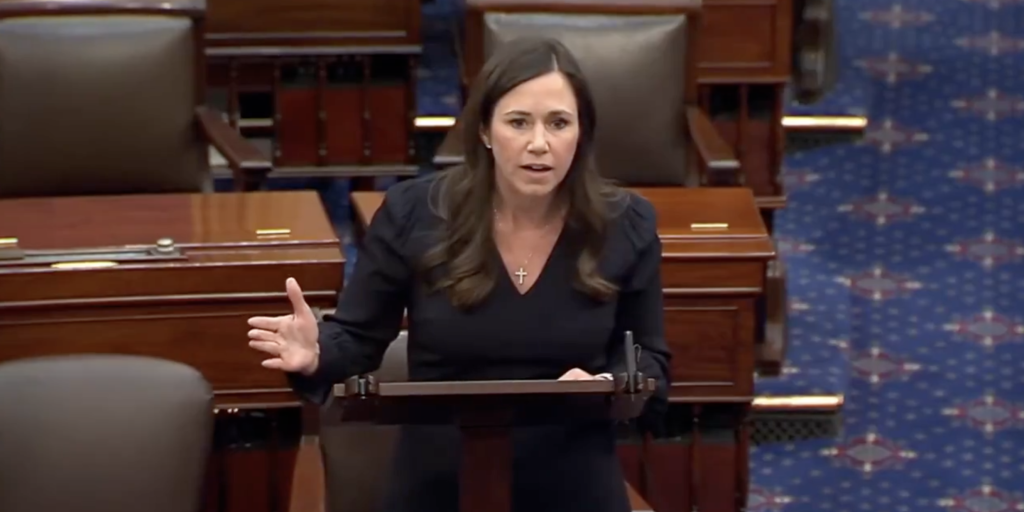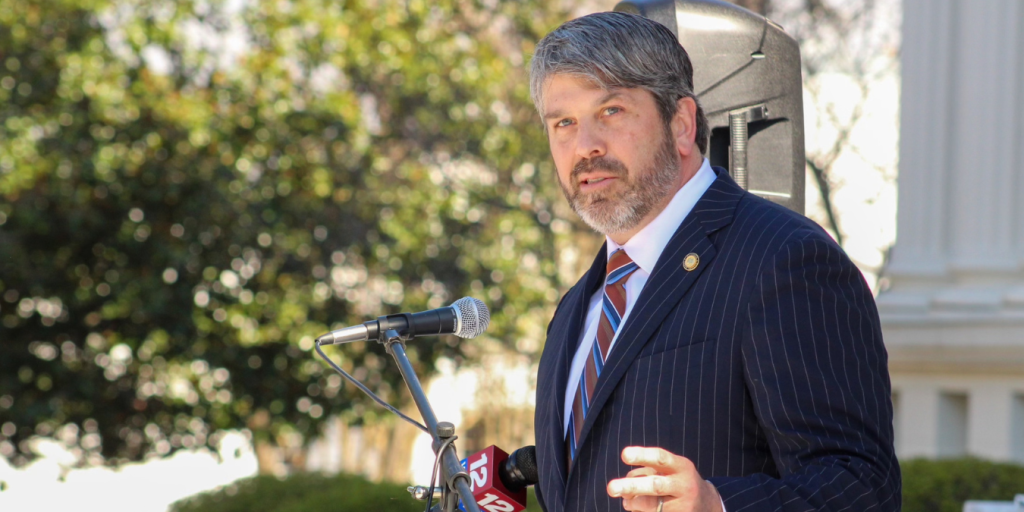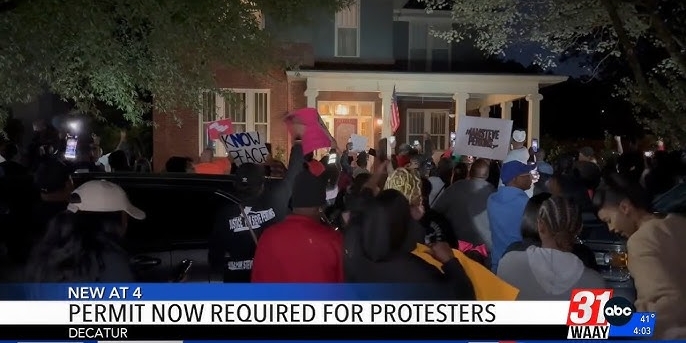Two bills have been filed in the Alabama Senate that would reform the practice of Pharmacy Benefit Managers (PBMs) within the state, as federal lawmakers consider a path forward as well.
The fight over PBM reform at the State House has lurched throughout the current quadrennium after a similar measure died in the Alabama House last year. Now, it’s heating up again in the 2025 session.
SB93, filed by State Sen. Andrew Jones is viewed as a milder option to SB99, filed by State Sen. Larry Stutts, as the full-scale alternative.
SB93, sponsored by Jones (R-Centre) and eight other lawmakers, would prohibit PBMs from reimbursing pharmacies less than their actual acquisition costs and ban hidden fees related to claims processing and network participation.
The bill would also enable pharmacists to disclose drug pricing information to consumers and allow them to refuse to dispense medication if reimbursement rates are too low.
SB99, sponsored by Stutts (R-Tuscumbia) and backed by a larger group of 21 senators, takes a tougher stance: It requires PBMs to reimburse pharmacies based on the National Average Drug Acquisition Cost (NADC) plus a mandated dispensing fee.
RELATED: Debate over pharmacy reimbursement bill expected to intensify (2024)
Jones said legislation is needed to curb what he calls “unchecked” practices by PBMs, which he argues are hurting independent pharmacies across the state.
“Independent pharmacies all across Alabama are closing their doors because of unchecked corporate greed by PBMs. In many cases, these PBMs pay pharmacists less than the cost of the drugs they prescribe,” Jones said in a statement to Yellowhammer News.
“SB 93 will stop this by mandating fair payments. These payments are prohibited in law from being charged to the patient. The bill also empowers pharmacists to reject prescriptions that lose money and enables them to have honest conversations with their patients.
“PBMs know that what they are doing is wrong, that’s why they’ve been hitting pharmacists with gag clauses and stifling free speech. It’s time to put that to an end,” Jones said.
RELATED: Independent pharmacies continue push for reforms to combat PBM practices in 2025
Stutts framed the issue in broader terms, arguing that PBMs function as unnecessary middlemen.
“The independent pharmacists across the state are really struggling,” Stutts said Monday morning on FMTalk 106.5’s The Jeff Poor Show. “PBMs don’t really bring anything to the system. There are only so many healthcare dollars that are split up between pharmacists, doctors, hospitals, nursing homes, whatever, and the PBMs are an unnecessary middleman that does not save anybody any money.
“If you look back several years, PBMs started vertically integrating their system where they own pharmacies,” he said. “The pharmacies that they own are competing with independent pharmacies, and the PBM gets to set the price for all of the pharmacies within their network. They set the prices for independent pharmacies below what the acquisition costs are on many of their claims,” Stutts said.
RELATED: Alabama healthcare group pushes back against pharmacy reform bill, citing costs
The most active industry group on the issue, Alabama Alliance of Healthcare Consumers (AAHC), says both bills will not solve the problem at the core of the debate: Rising healthcare costs and skyrocketing drug prices from national manufacturers.
“Imposing a permanent fee on every prescription filled in Alabama is not a solution to the problem of rising drug costs; the new $10.64 dispensing fee designated for pharmacy owners is a costly burden that will ultimately create more problems for consumers and employers,” says Robin Stone, president of AAHC said on Monday.
“Families and employers need help to reduce their prescription drug costs; new fees will add more costs. Both bills fail to address the exorbitant drug prices set by drug manufacturers. This approach ignores the real driving source of rising healthcare costs – skyrocketing drug prices from national manufacturers.
“If this new proposed $10.64 dispensing fee for pharmacy owners is approved, it will be forced down the supply chain and will be paid by employers, families, and other consumers, and not Pharmacy Benefits Managers. These proposals will cost Alabamians at least an extra $900 per person or $3,600 for a family each year.”
Tuesday will be day four of the 2025 state legislative session.
Grayson Everett is the editor in chief of Yellowhammer News. You can follow him on X @Grayson270.













